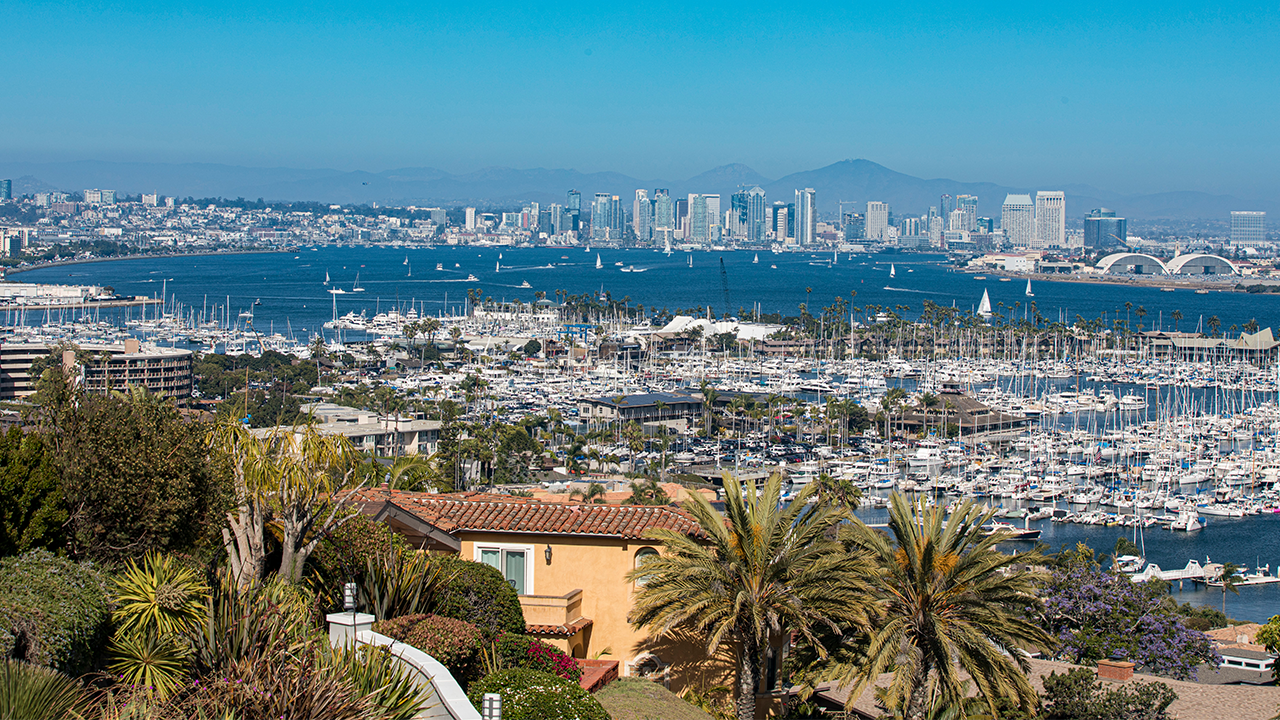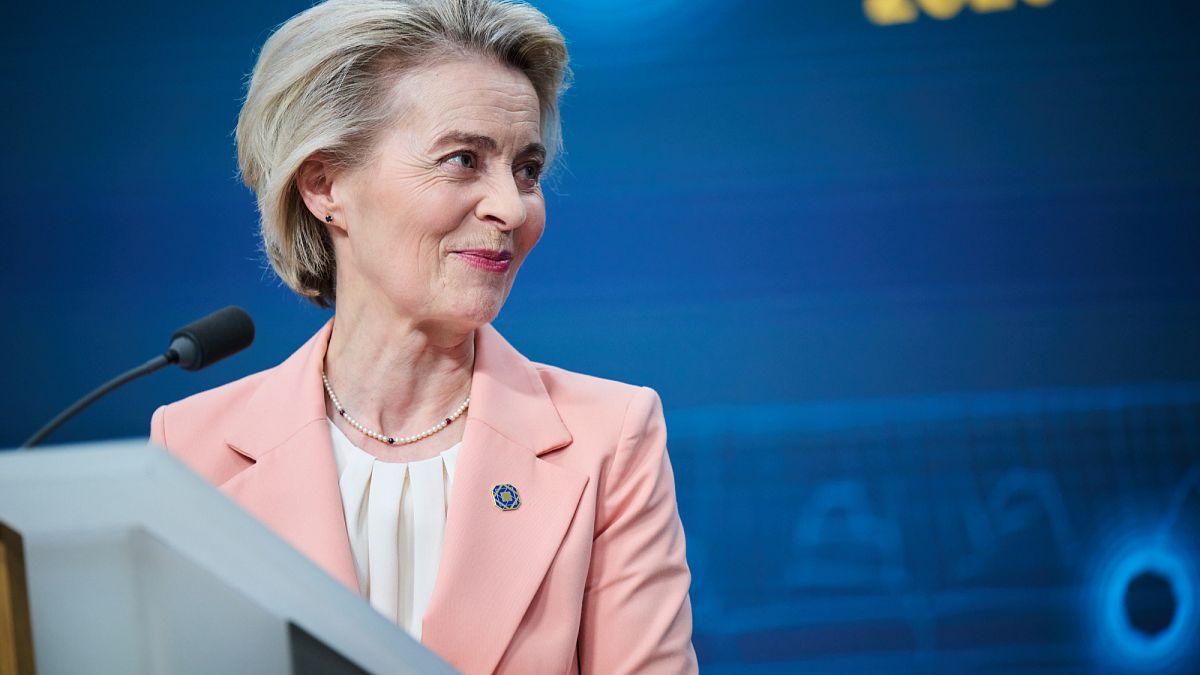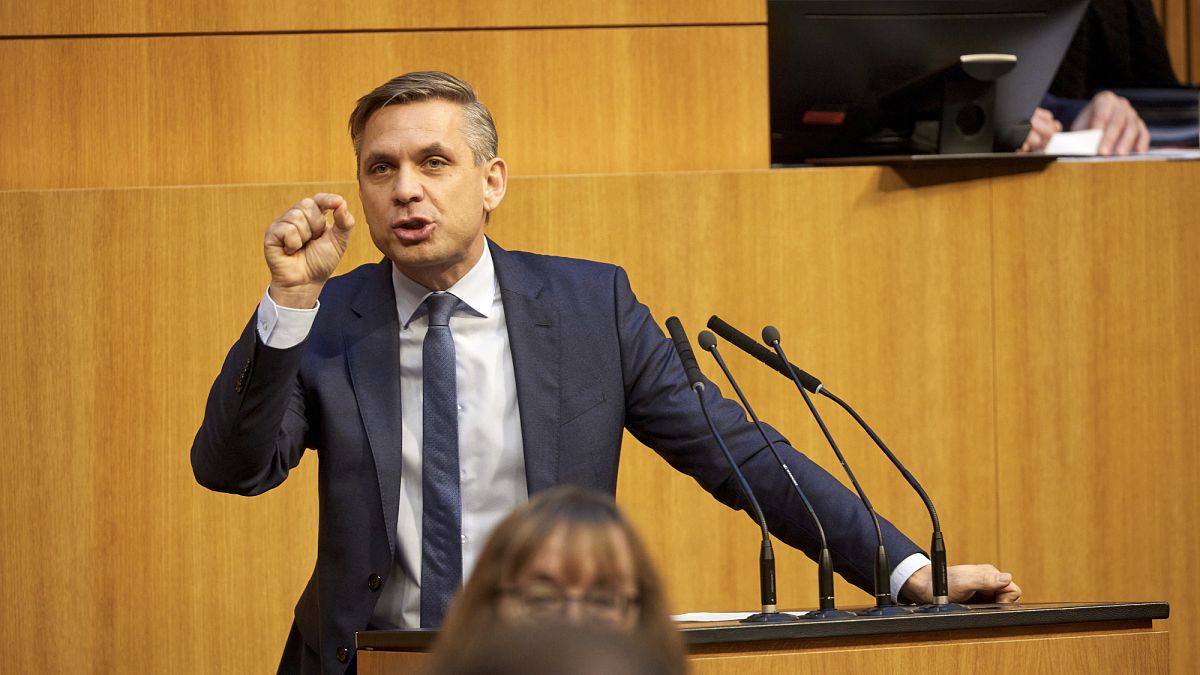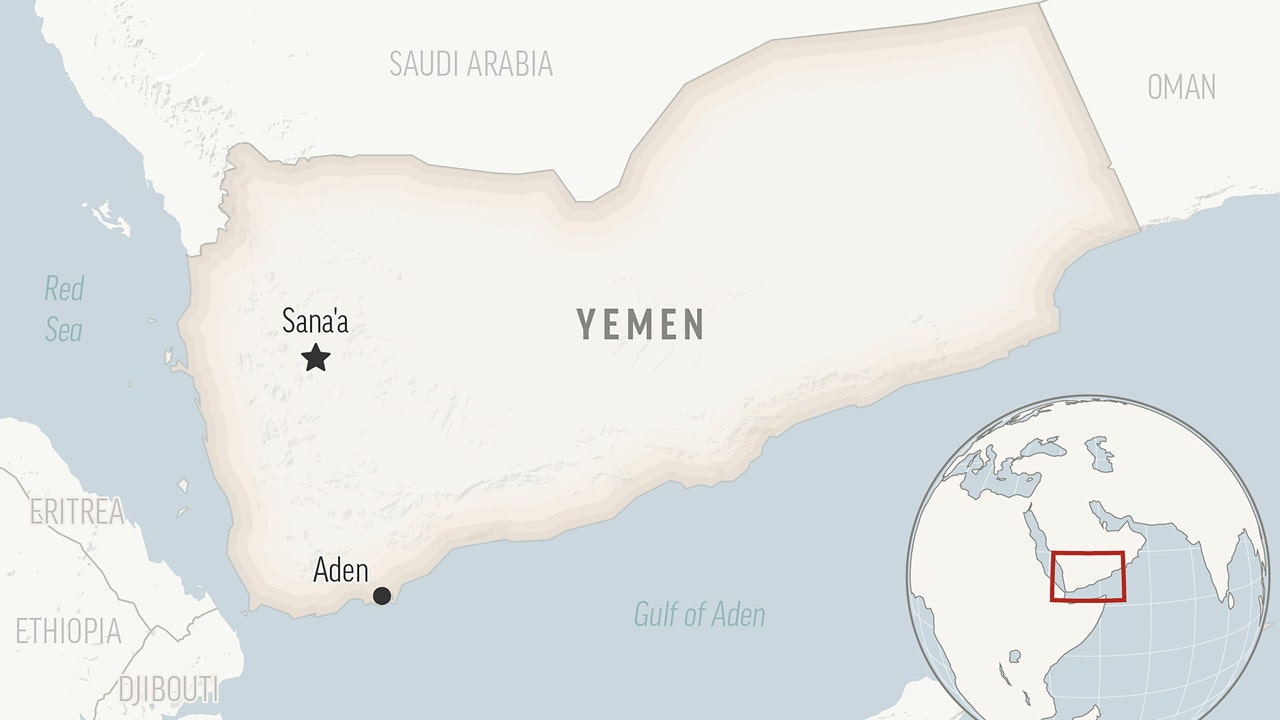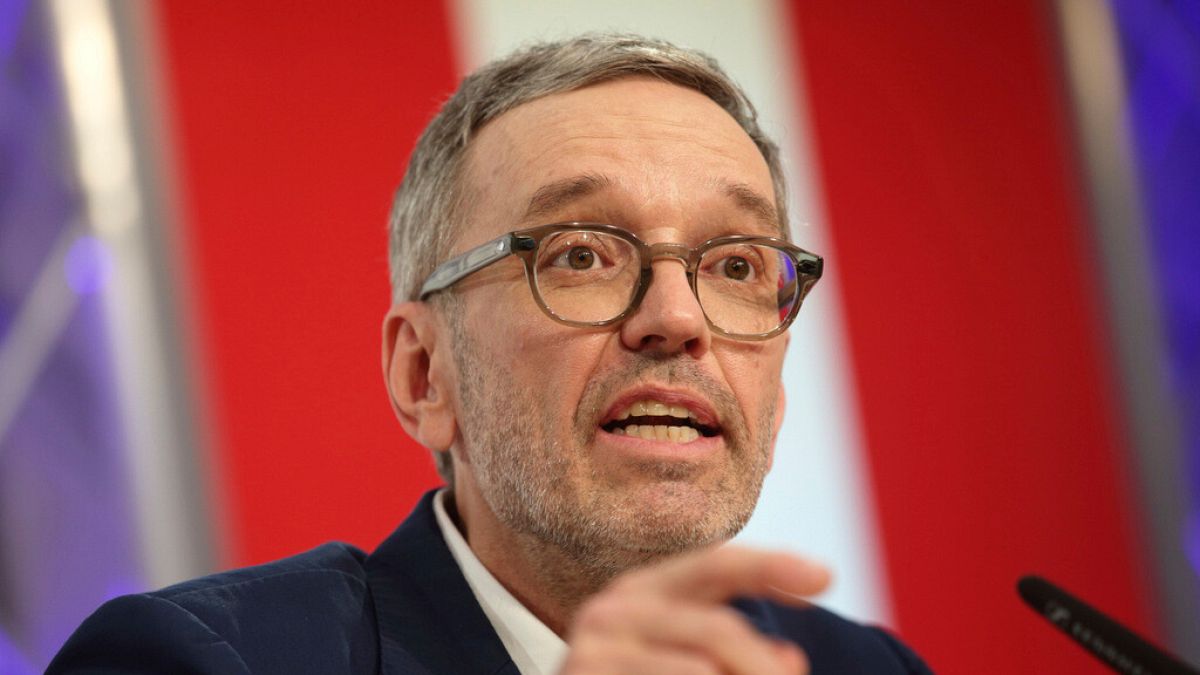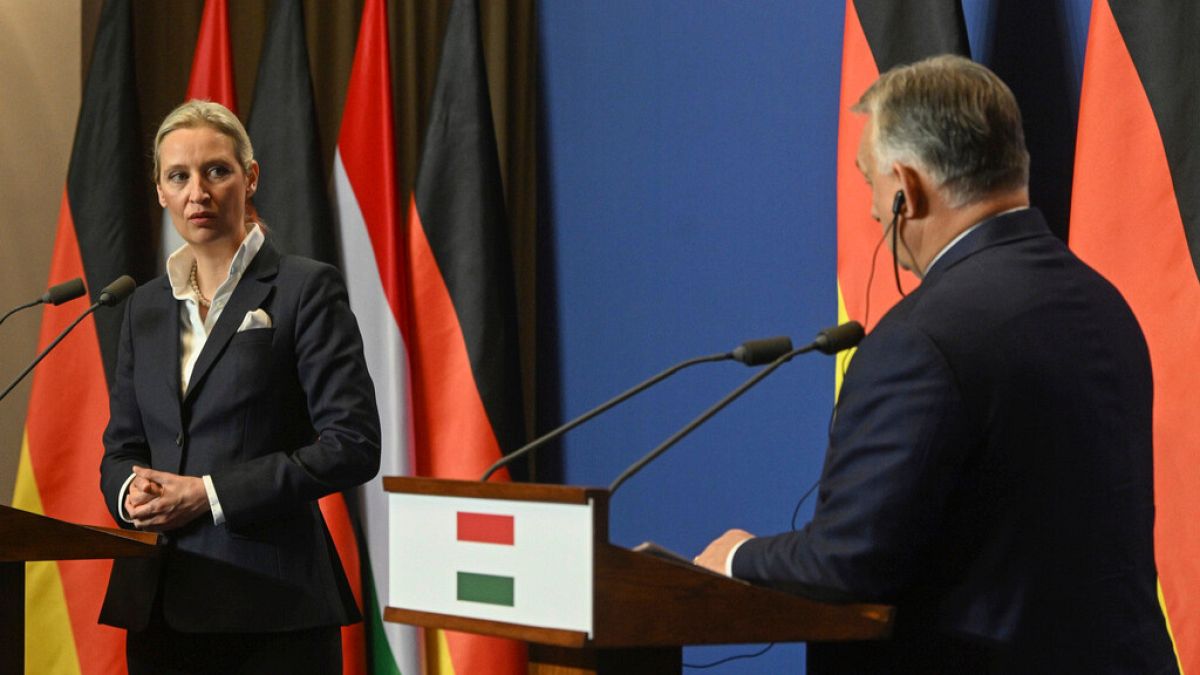“The status quo is not an option,” the European Commission said in a communication laying the groundwork for the upcoming proposal on the next long-term budget (2028-34).
The European Commission is working on an overhaul of the long-term budget after 2027 to make it simpler, more effective, flexible and focused on policy priorities, according to a new document laying the groundwork for the upcoming proposal on the next Multiannual Financial Framework (MFF), due in July.
“The status quo is not an option. Choices need to be made. The EU must maximise the impact of every euro it spends, focusing on EU priorities and objectives where EU action is most needed,” said the communication on “The road to the next multiannual financial framework”, published on Wednesday.
The current MFF amounts to €1.2 trillion, or 1% of the bloc’s GDP (excluding post-pandemic recovery funds), with most of the money going to agricultural subsidies and policies to tackle the socio-economic gap between the EU’s poorest and richest regions.
However, this balance may soon change as priorities such as security and defence increasingly demand more resources to keep the EU competitive on the global stage.
“We need a balance between the traditional priorities – agriculture, cohesion – but also the new priorities: research, innovation, digital, green transition,” lead MEP on the next MFF Siegfried Mureșan (EPP/Romania) told Euronews.
“It’s clear that if we want Europe to do more, it cannot do more with a budget that is smaller,” he added.
The EU executive is now proposing a redesign of the bloc’s long-term budget for 2028-34, creating a plan for each member state and linking investment to reforms in a similar way to the post-pandemic recovery funds.
A European Competitiveness Fund should provide the investment capacity to support strategic sectors, critical technologies and projects of common European interest, the document said.
Budget Commissioner Piotr Serafin had previously indicated that the Commission would be working on a proposal with “fewer, more focused programmes” and a more targeted EU budget, ambitious in both design and size.
To this end, the Commission document also stressed the urgency of working on new own resources, such as existing customs duties or contributions based on the value added tax (VAT) collected by member states, which are one of two options available to the EU to feed its common budget – the other being direct contributions from member states.
“We believe that we need to strengthen the revenue base of the EU budget, so we hope that the co-legislators will also make progress on the creation of new European own resources,” EU Economic Affairs Commissioner Valdis Dombrovskis told reporters in Strasbourg, declining to comment on issuing common debt.
Earlier this week, according to a non-paper seen by Euronews, the Spanish government proposed doubling the EU budget to at least 2% of the bloc’s GDP and earmarking 50% of its funds for the green transition – a level similar to the investment capacity acquired by the EU with the post-pandemic recovery funds (around 1.7%).
Spain also supported the possibility of issuing joint debt to support strategic investments and European public goods, including in the field of defence.
“The position of the Spanish government is irresponsible. The debt made for the next generation EU is not paid back and the Spanish government says we should do more debt,” Mureșan argued, adding that it would be particularly damaging for young people to pay the debt over the next decade.
It is estimated that after 2027, around €30 billion a year will have to be paid on the debt inherited from the post-pandemic funds, which could amount to almost 20% of the total budget.
Commissioner Serafin is expected to present a proposal for the EU’s next long-term budget in July, when the real political battle with the European Parliament and member states will begin to agree on a final decision before 2028.
“We now need a discussion on how Europe should look in the future, which are people’s expectations, and we feel that people are concerned about security, about jobs, about their prosperity. This is why the budget should address this,” Mureșan said.
Read the full article here



